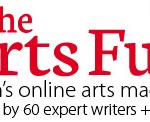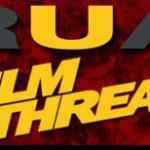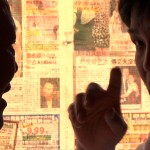Boston’s Arts Fuse reviews Your Day is My Night
On July 15, The DocYard series, running Monday nights at the Brattle Theatre, will host writer-director Lynne Sachs and her gorgeous, intimate look inside one very crowded New York Chinatown apartment, Your Day Is My Night.









